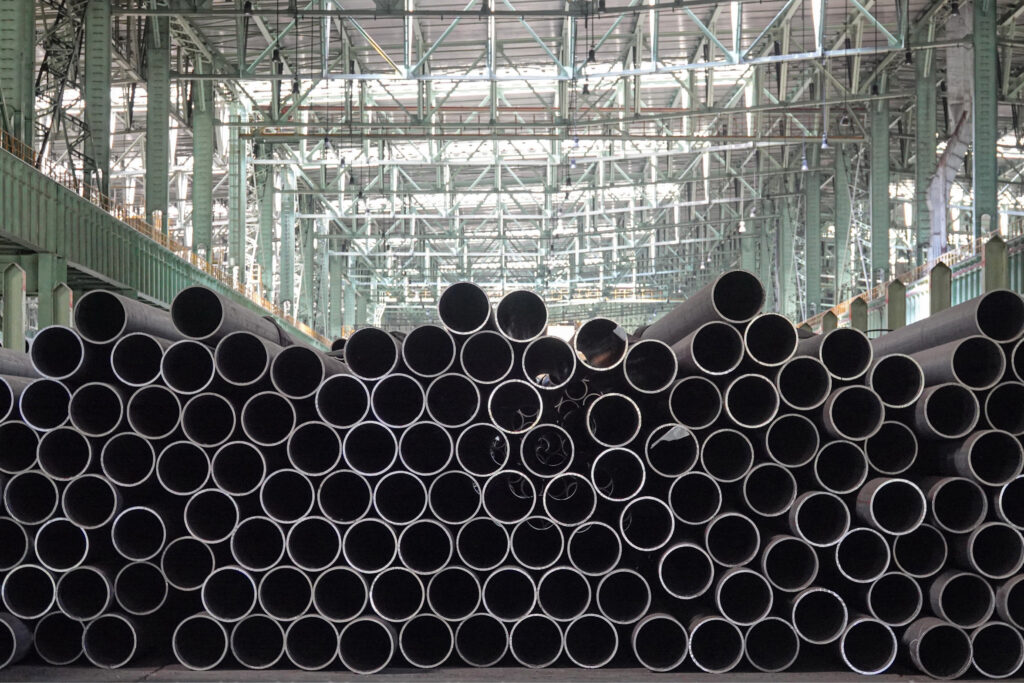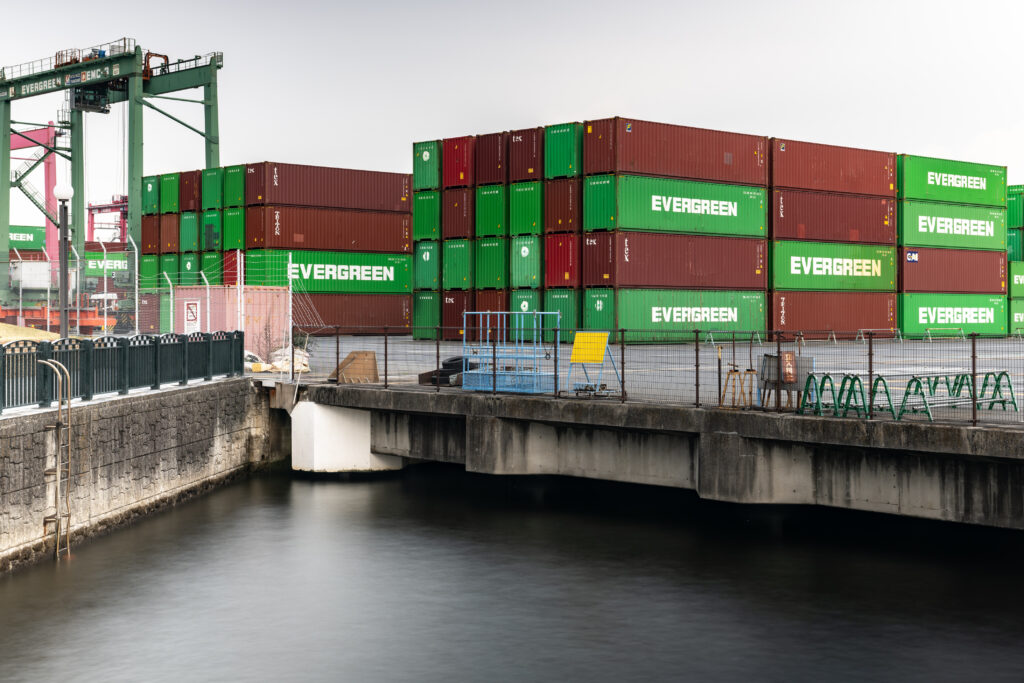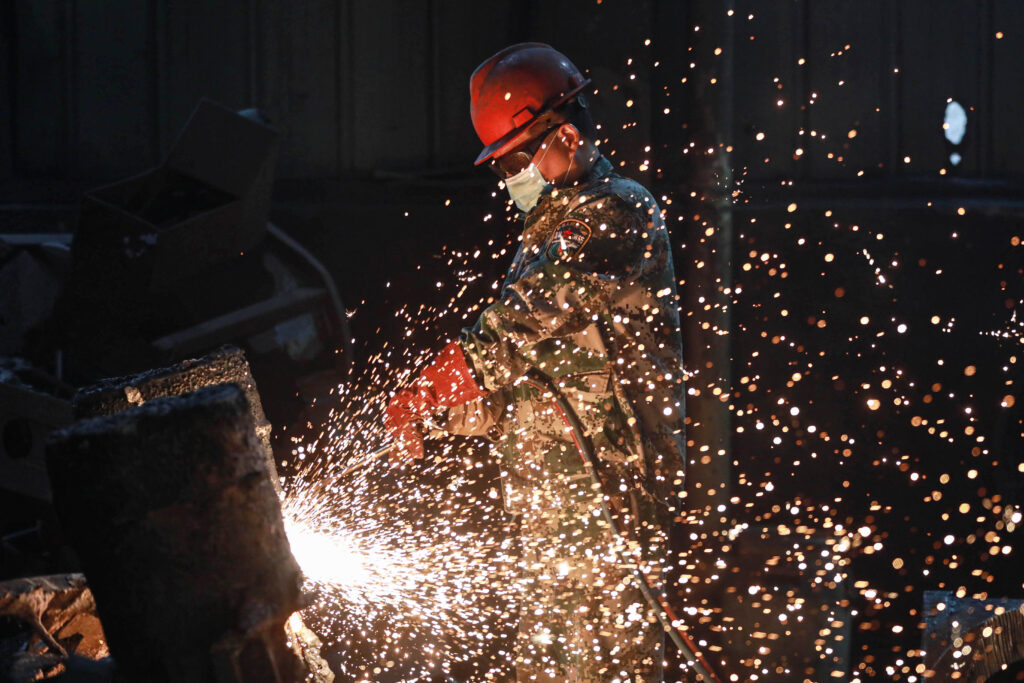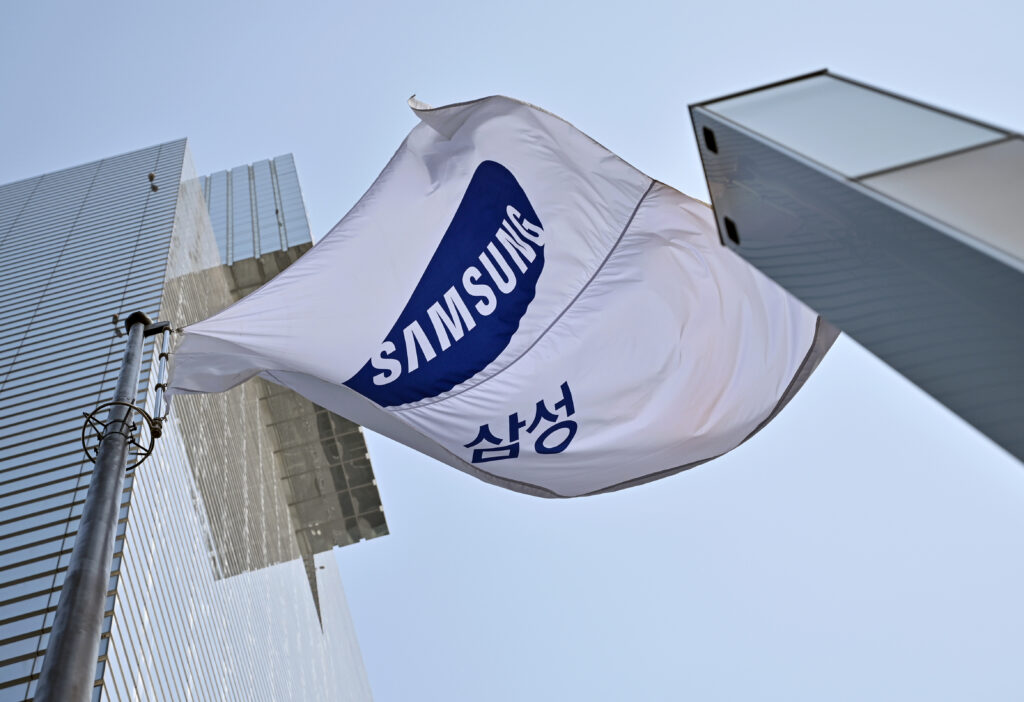Stock markets mostly rise ahead of US economic data, tech earnings
Stock markets mostly rose Wednesday ahead of key US economic and earnings reports that could offer fresh insights into the health of the world’s largest economy amid Donald Trump’s tariffs.Investors are awaiting the release of closely watched US inflation and economic growth data due later in the day, along with results from tech titans Microsoft and Meta, which owns Facebook and Instagram.”Earnings reports and recession risks are chunky issues for investors to deal with,” Kathleen Brooks, research director at trading group XTB.”Market sentiment is quick to change direction in the current climate, so expect Wednesday’s key economic and corporate releases to have a big impact on markets,” she added.Most European stocks advanced following data that showed the eurozone economy expanded more than expected in the first-quarter, despite uncertainty over tariffs.Paris and Frankfurt both climbed 0.6 percent as data showed the French economy returned to growth and the German economy grew fast than expected at the start of the year. Shares in German auto giants Volkswagen and Mercedes-Benz fell after they reported big drops in the first-quarter net profit.Mercedes-Benz and US-European auto giant Stellantis also suspended their annual financial guidances due to uncertainty over Trump’s 25-percent tariffs on car imports, though the US leader on Tuesday softened the levies.London made more modest gains, held back by losses in oil and mining stocks amid concerns over weaker Chinese demand. Data on Wednesday showed that tit-for-tat tariffs between the United States and China began to bite in April, as Chinese manufacturing activity contracted at its fastest pace since July 2023.That came after Chinese exports soared more than 12 percent last month as businesses rushed to get ahead of the swingeing tariffs.”Tariffs are a lose-lose proposition, and the PMI data is our first official look at how it’s affecting China. Our take is that there’s a clear negative shock taking place,” said Lynn Song, chief economist for Greater China at ING.Hong Kong’s stock market advanced, but Shanghai slipped.Tokyo rose, boosted by a 7.1 percent surge in Sony fuelled by a report that it is considering spinning off its chip unit — a move investors hope will unlock value in the Japanese entertainment and electronics company.Equities have clawed back a lot of the huge losses suffered at the start of the month as Trump has shown a little more flexibility on some issues and as governments hold talks with Washington.US Commerce Secretary Howard Lutnick said he had reached a deal with a country but did not name it, while Treasury Secretary Scott Bessent said progress had been made with India, South Korea and Japan. Oil prices extended losses on concerns that the trade war will slow growth and reduce demand, and as traders expect a stronger increase in oil production by OPEC+.- Key figures at 1045 GMT -London – FTSE 100: UP 0.2 percent at 8,476.28 points Paris – CAC 40: UP 0.6 percent at 7,598.46Frankfurt – DAX: UP 0.6 percent at 22,552.08Tokyo – Nikkei 225: UP 0.6 percent at 36,045.38 (close)Hong Kong – Hang Seng Index: UP 0.5 percent at 22,119.41 (close)Shanghai – Composite: DOWN 0.2 percent at 3,279.03 (close)New York – Dow: UP 0.8 percent at 40,527.62 (close)Euro/dollar: DOWN at $1.1364 from $1.1390 on TuesdayPound/dollar: DOWN at $1.3360 from $1.3399 Dollar/yen: UP at 143.03 yen from 142.22 yenEuro/pound: DOWN at 85.06 pence from 85.08 penceWest Texas Intermediate: DOWN 1.0 percent at $59.84 per barrelBrent North Sea Crude: DOWN 1.0 percent at $62.71 per barrel






